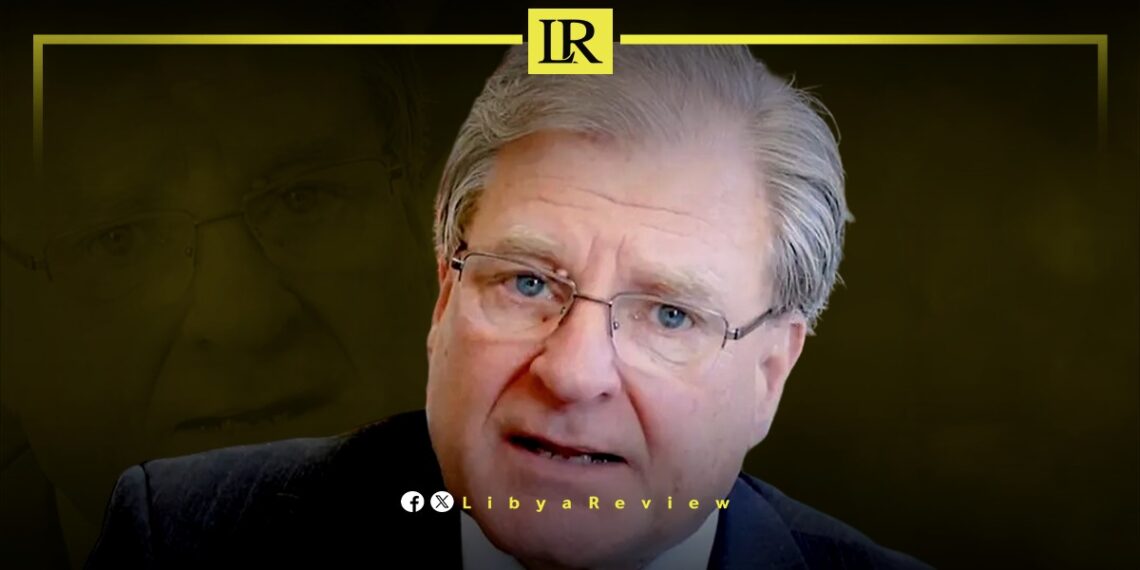The U.S. Embassy in Libya has joined the United Nations Support Mission in Libya (UNSMIL) in condemning the violence in Tajoura, welcoming efforts to de-escalate tensions.
There is a pressing need for security forces across Libya to discuss how to unify efforts that serve the interests of the Libyan people and the sovereignty of Libya.
Notably, the United Nations Support Mission in Libya (UNSMIL) has strongly condemned the armed clashes that erupted in Tajoura on Friday, followed by military build-ups in and around the capital, Tripoli.
In a statement released on Saturday, UNSMIL expressed deep concern over reports of civilian casualties, injuries, and the displacement of many families. The mission condemned the use of heavy weapons and ammunition by the warring factions in densely populated areas, reminding all parties of their obligations to protect civilians at all times.
UNSMIL emphasized that these clashes highlight the urgent need to unify military and security apparatuses and establish accountable, legitimate institutions. The mission also called for an accelerated political process that would lead to credible elections and pave the way for lasting stability and prosperity for the Libyan people.
Libya has been in chaos since a NATO-backed uprising toppled longtime leader Muammar Gaddafi in 2011. The county has for years been split between rival administrations.
Libya’s economy, heavily reliant on oil, has suffered due to the ongoing conflict. The instability has led to fluctuations in oil production and prices, impacting the global oil market and Libya’s economy.
The conflict has led to a significant humanitarian crisis in Libya, with thousands of people killed, and many more displaced. Migrants and refugees using Libya as a transit point to Europe have also faced dire conditions.
The planned elections for December 2021 were delayed due to disagreements over election laws and the eligibility of certain candidates. This delay has raised concerns about the feasibility of a peaceful political transition.
Despite the ceasefire, security remains a significant concern with sporadic fighting and the presence of mercenaries and foreign fighters. The unification of the military and the removal of foreign forces are crucial challenges.


